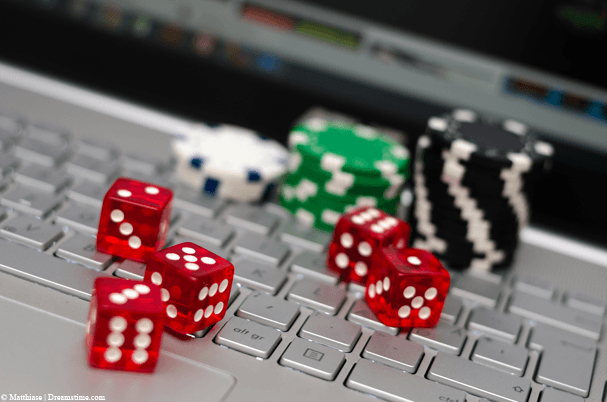Probability plays a crucial role in determining the outcomes of online dice gambling, shaping both the theoretical and practical aspects of the game. Dice games, whether played in physical or digital formats, are fundamentally governed by chance, with each roll or throw yielding outcomes that adhere to probability laws. In online dice gambling, this randomness is simulated using algorithms designed to mimic the fairness and unpredictability of rolling real dice. These algorithms often referred to as Random Number Generators RNGs, generate results that are statistically random, ensuring that every roll is independent of previous rolls and adheres to the same probability distribution as a physical die. To understand the impact of probability in online dice gambling, it is essential to grasp the basic principles of dice probability. For a standard six-sided die, each face has an equal likelihood of landing face up, meaning there is a 1 in 6 chance, or approximately 16.67%, for any given outcome. When gambling online, the same probability principles apply, but with added complexity due to the nature of digital simulations.

Online casinos and gambling platforms utilize RNGs to generate outcomes that replicate this fairness. These systems are programmed to produce results that reflect the statistical probabilities of dice rolls, but their complexity ensures that the results are not easily predictable or manipulated. One of the key aspects of probability in dadu online gambling is the concept of expected value. Expected value represents the average outcome of a game over a large number of trials and helps gamblers understand the potential profitability of different betting strategies. In dice gambling, the expected value takes into account the probabilities of various outcomes and the corresponding payouts. For instance, if a player bets on a specific number to appear, the probability of winning is 1 in 6, but the payout might be higher than the odds of winning to compensate for the risk and attract players. However, it is important to note that online dice gambling, like all forms of gambling, inherently favors the house.
This is due to the house edge, which represents the percentage of each bet that the casino expects to retain over time. The house edge is built into the game through various mechanisms, such as adjusting the payout ratios or incorporating additional features that shift the odds in favor of the casino. While the probabilities of individual dice rolls remain constant, the overall game is designed to ensure that, on average, the casino will profit from the bets placed by players. Moreover, online dice gambling often incorporates additional layers of complexity, such as multiple dice, various betting options, and side bets. These factors influence the probabilities and expected values of different bets, making it essential for players to understand the odds associated with their choices. For instance, betting on the total sum of multiple dice introduces a range of possible outcomes, each with its own probability and payout structure. Players must therefore be well-versed in these probabilities to make informed betting decisions and manage their bankroll effectively.
